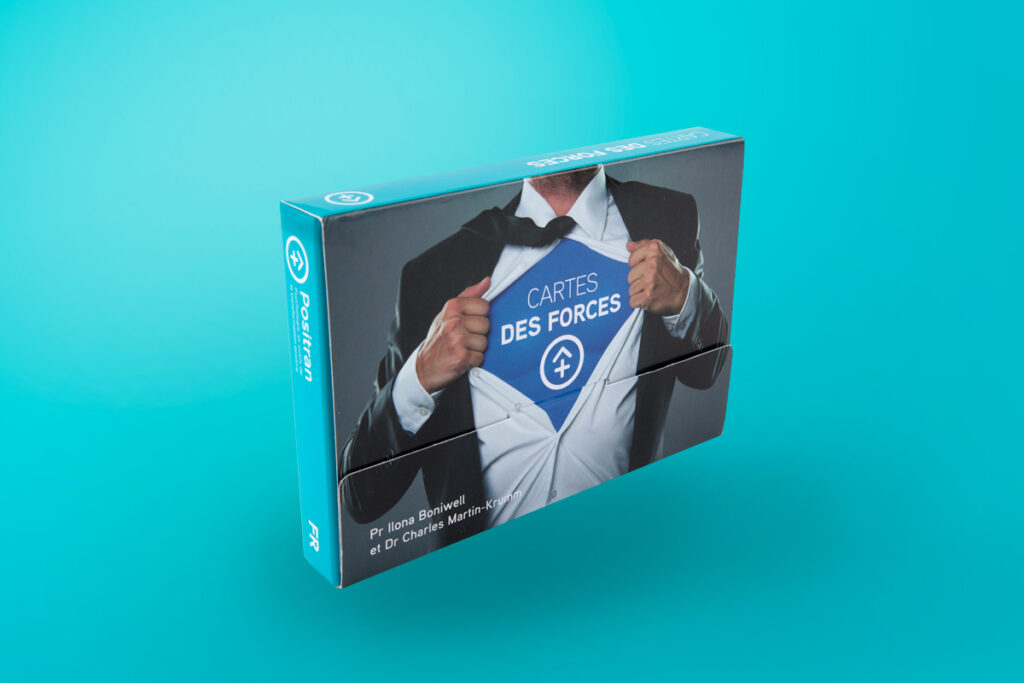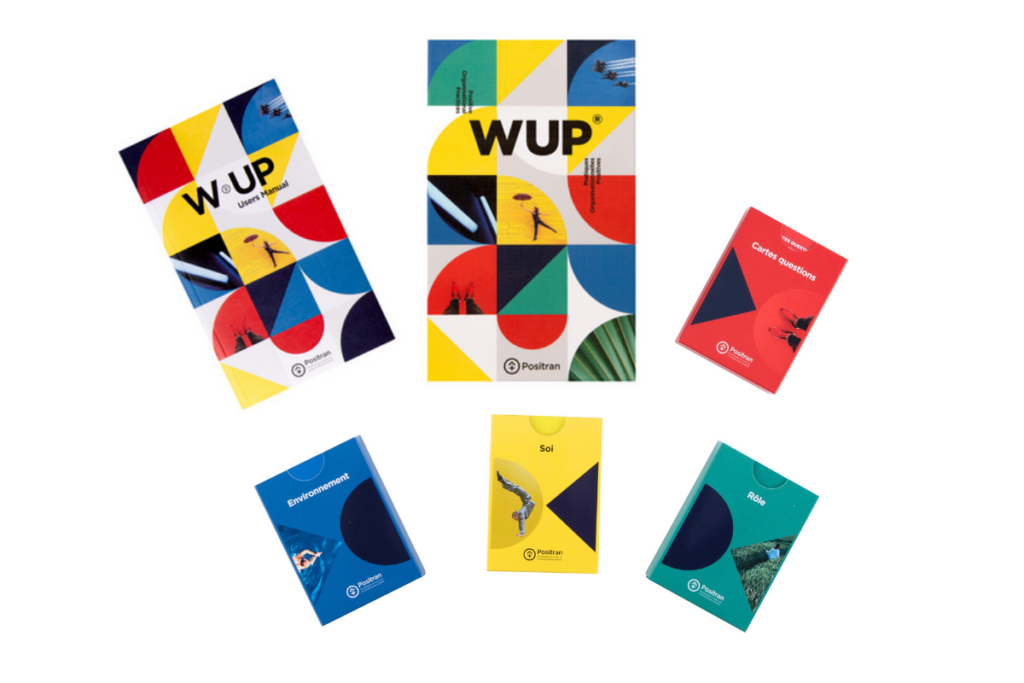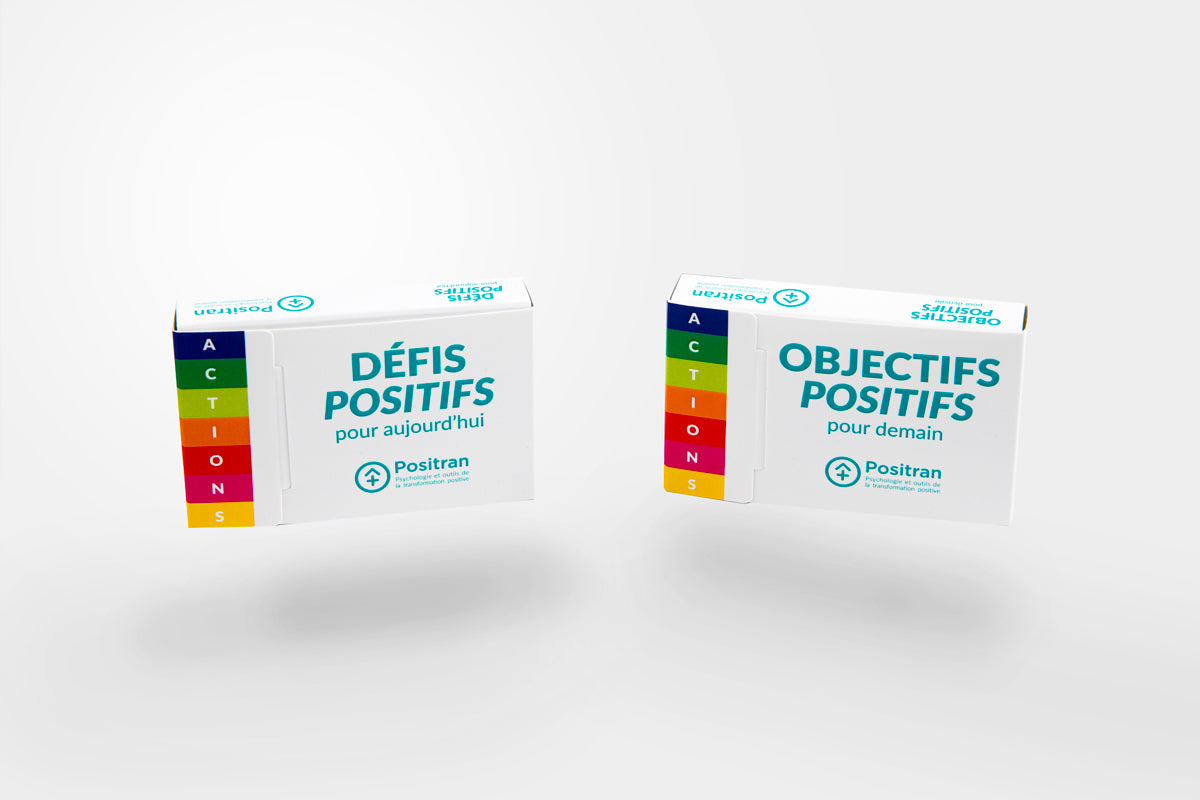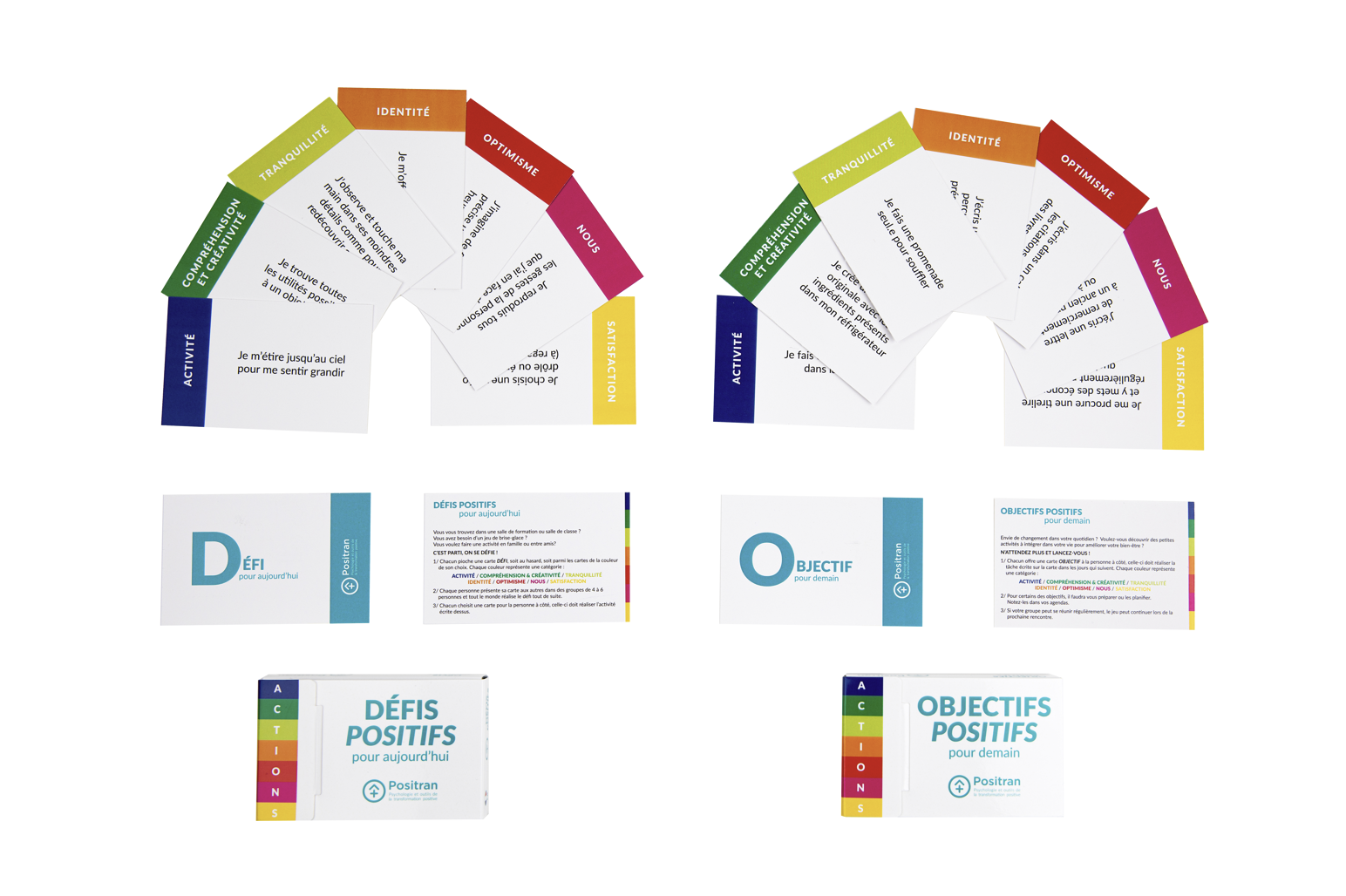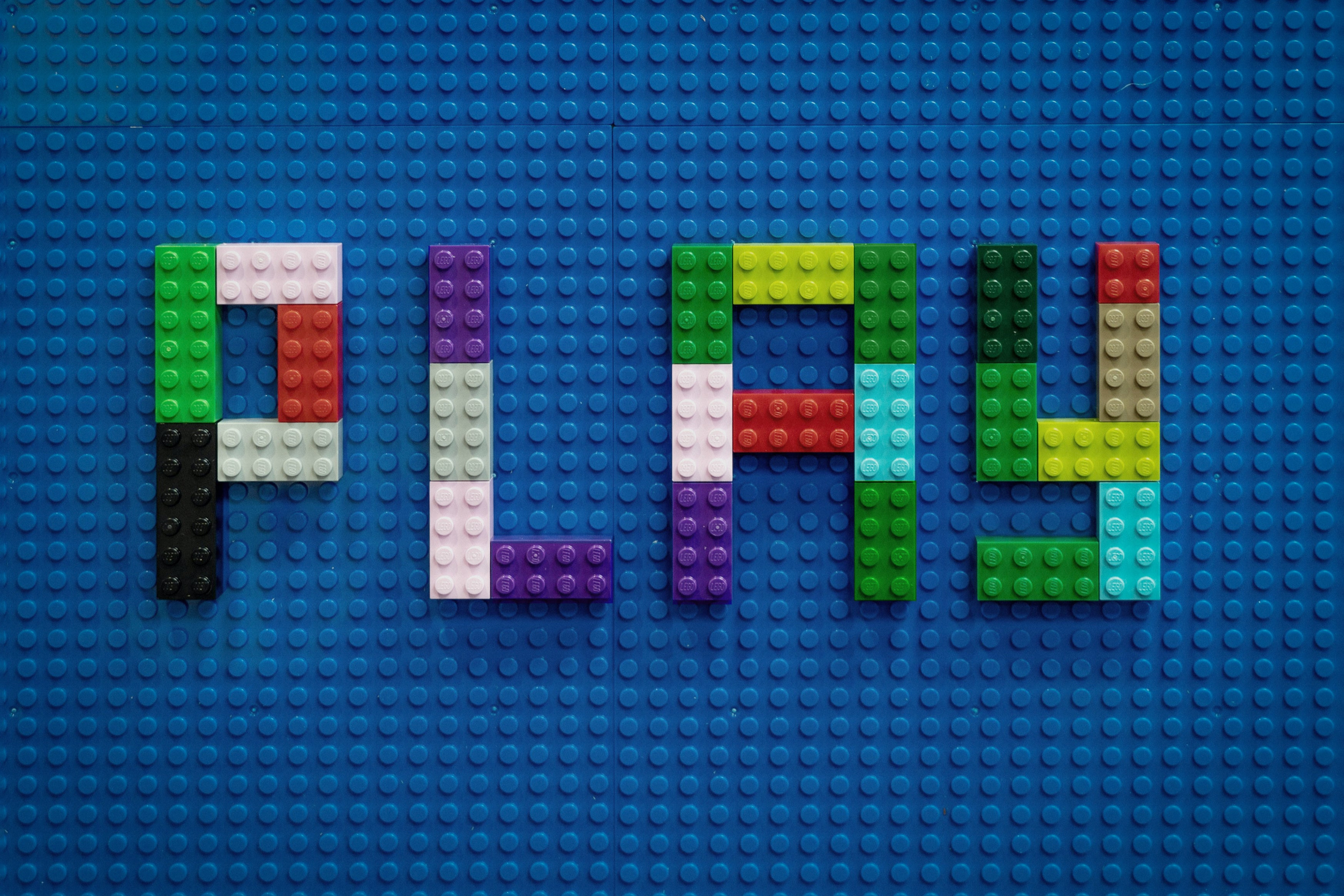
Cohesion Training - Gamification
Boost engagement and performance through game mechanics.
Forget top-down training and resistance to change. This immersive day gives you the keys to transforming any project, training, or process into an engaging experience that unleashes the creativity and collective intelligence of your teams.

Educational Objectives
Analyze the neuroscientific and psychological foundations of engagement to choose game mechanics adapted to a specific objective.
Differentiate and know when to use different approaches: gamification, serious gaming, systemic intervention and experience design.
Design the prototype of a gamified solution responding to a real business problem (e.g. onboarding, project management, training).
Added values
For the participant:
The training provides the ability to design motivating systems, with concrete tools and the confidence to launch high-impact initiatives, supported by neuroscientific levers.
For the company:
It's an investment that drives innovation, accelerates change adoption, improves training ROI, and strengthens collaboration while reducing disengagement.
Issues addressed
Low participation rate and impact of traditional training.
Passive or active resistance to transformation projects.
Onboarding new employees is long, expensive and uninviting.
Lack of collaboration and information sharing between teams.
Difficulty in anchoring new practices or in adopting new tools.
Access conditions
Integrated Training Approach:
The training is based on an interactive and engaging teaching method, alternating theoretical contributions, individual and group exercises, simulations, role plays, and facilitated discussions centered on experience and sharing.
Experiential Methodology:
- Self-diagnosis for personal awareness.
- Workshops in subgroups promoting the exchange of ideas.
- Concrete case studies to link theory to practice.
- Role-playing games to simulate real-life situations.
- Scientifically Validated Tools.
Optional (extra charge):
Possibility of follow-up modules or post-training coaching for individualized support.
Our training courses are accessible to people with disabilities.
A disability advisor is available to help you study the specific adjustments required.
Registration via a quote request or by email.
Access time according to the training programming schedule, subject to availability.
Registration is validated upon receipt of the signed agreement.
Contact: formations@positran.fr
Assessment methods
Assessment of acquired skills:
- Each activity aims to apply the concepts covered during the training.
- Questions/answers at the end of each teaching sequence
- Formative assessment through observation and feedback from the trainer and peers during workshops.
- Summative assessment through a concrete case study.
Satisfaction Questionnaire:
Hot off the press, to gather participants' immediate impressions.
Training Certificate:
- Certificate of completion of training mentioning the skills targeted.
- Certificate of completion.
3-month survey:
Measure impact with the percentage of participants who implemented key concepts.
Analyze the neuroscientific and psychological foundations of engagement to choose game mechanics adapted to a specific objective.
Differentiate and know when to use different approaches: gamification, serious gaming, systemic intervention and experience design.
Design the prototype of a gamified solution responding to a real business problem (e.g. onboarding, project management, training).
For the participant:
The training provides the ability to design motivating systems, with concrete tools and the confidence to launch high-impact initiatives, supported by neuroscientific levers.
For the company:
It's an investment that drives innovation, accelerates change adoption, improves training ROI, and strengthens collaboration while reducing disengagement.
Low participation rate and impact of traditional training.
Passive or active resistance to transformation projects.
Onboarding new employees is long, expensive and uninviting.
Lack of collaboration and information sharing between teams.
Difficulty in anchoring new practices or in adopting new tools.
Integrated Training Approach:
The training is based on an interactive and engaging teaching method, alternating theoretical contributions, individual and group exercises, simulations, role plays, and facilitated discussions centered on experience and sharing.
Experiential Methodology:
- Self-diagnosis for personal awareness.
- Workshops in subgroups promoting the exchange of ideas.
- Concrete case studies to link theory to practice.
- Role-playing games to simulate real-life situations.
- Scientifically Validated Tools.
Optional (extra charge):
Possibility of follow-up modules or post-training coaching for individualized support.
Our training courses are accessible to people with disabilities.
A disability advisor is available to help you study the specific adjustments required.
Registration via a quote request or by email.
Access time according to the training programming schedule, subject to availability.
Registration is validated upon receipt of the signed agreement.
Contact: formations@positran.fr
Assessment of acquired skills:
- Each activity aims to apply the concepts covered during the training.
- Questions/answers at the end of each teaching sequence
- Formative assessment through observation and feedback from the trainer and peers during workshops.
- Summative assessment through a concrete case study.
Satisfaction Questionnaire:
Hot off the press, to gather participants' immediate impressions.
Training Certificate:
- Certificate of completion of training mentioning the skills targeted.
- Certificate of completion.
3-month survey:
Measure impact with the percentage of participants who implemented key concepts.
